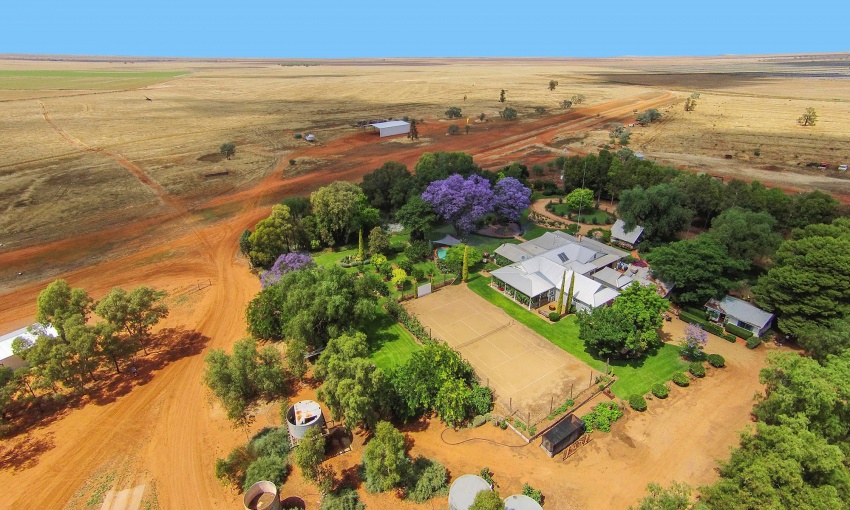



Article by: Hari Yellina
The newly elected Labor administration has cancelled the suggested amendments to the administration of South Australia’s outback, which covers over half of the state. Labor is relocating the government’s Pastoral Unit from the Primary Industries portfolio to the Environment Department, promising greater funding to ensure that sheep and cattle ranches do not wreak havoc on the country’s fragile environment. South Australia’s dry rangelands, which cover 42 percent of the state and are mostly rented for sheep and cattle grazing, were a priority for the former Liberal administration. It attempted to pass a new Pastoral Act, which would have given graziers far greater power than the 1989 legislation but failed to do so before the election.
“The former administration, the Liberals, intended to eliminate stocking rates, have extraordinarily long leases — up to 100 years — and not monitor the health and condition of the property on the ground. All of that has come to an end now “Susan Close, the new Environment Minister, said the ABC. Ms Close stated that an additional $1 million will be granted to ensure that the Pastoral Unit could complete long-overdue grazing land condition evaluations in a “timely” manner. “These are priceless areas that are fragile and potential of primary production as long as they are cared for,” she remarked. “We’ll collaborate with pastoralists to make this happen.”
“The former administration, the Liberals, intended to eliminate stocking rates, have extraordinarily long leases — up to 100 years — and not monitor the health and condition of the property on the ground. All of that has come to an end now “Susan Close, the new Environment Minister, said the ABC. Ms Close stated that an additional $1 million will be granted to ensure that the Pastoral Unit could complete long-overdue grazing land condition evaluations in a “timely” manner. “These are priceless areas that are fragile and potential of primary production as long as they are cared for,” she remarked. “We’ll collaborate with pastoralists to make this happen.”
The administration will also declare that pastoral land can be used for conservation, something that the Liberals questioned. “That was a point of contention under the previous administration. I don’t believe it’s a problem, but I’ll investigate and, if necessary, make changes to guarantee that’s the case “Ms. Close explained. Existing leases would have been changed from 42 to 100 years under the former state government’s intentions, and a statutory maximum rate of stock that could be run on each lease would have been removed. It also wanted land to be evaluated remotely rather than in person, especially via satellite.
President of the Nature Conservation Society of South Australia, Patrick O’Connor, praised the shift in focus. “It’s critical that the incoming government prioritises conservation and the long-term sustainability of outback South Australia,” he added. “It’s only on that foundation that grazing rights and the capacity for communities to use that land can be established over time, so it’s a fantastic result that the government wants to prioritise sustainability.” Mr O’Connor described the inspection lapse as a “serious challenge” for pastoralists and conservationists alike.
“Inspections are critical, and building that relationship with landowners around the state of those assets is critical to their long-term viability and to give those landowners confidence in their investments,” he said. The Pastoral Unit’s budget has been increased by 25% as a result of Labor’s cash injection. “The initial amount pledged is a really fantastic start to get back on track,” Mr O’Connor said. “After that, we’ll look at future technology and the prospects of what investment is required.” “I believe that investing in outback knowledge can pay off in other ways, including as enhancing tourism, improving sustainability, and improving access to emerging markets in biodiversity and carbon,” she says.